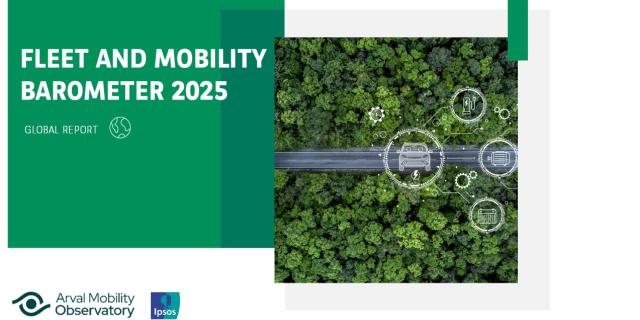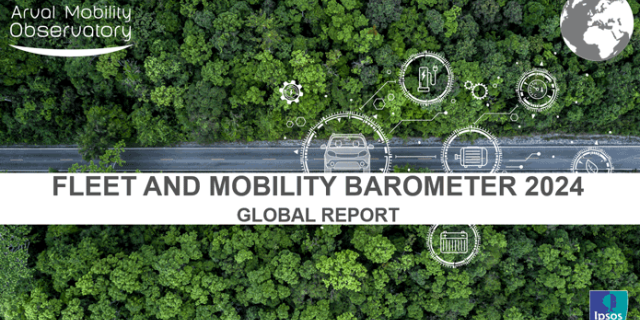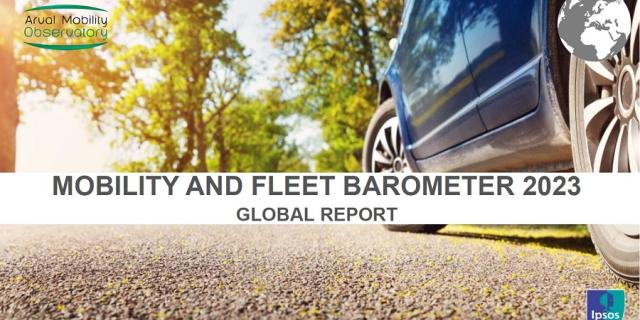GLOBAL FLEET REPORT
FIVE KEY TRENDS FROM GLOBAL FLEET 2018
Malte Lindberg, Head of Arval Consulting and Corporate Vehicle Observatory at Arval Switzerland, visited the Global Fleet 2018 Conference in Rome – attended by hundreds of leading fleet thinkers from across the world -. The theme of the event was To Learn From the Best, covering how to develop and implement a global fleet strategy across different countries. “There were many new and interesting ideas discussed – and these are the five best,” he said.
1.Think global, act local
“If you are setting up a global fleet policy, it makes sense to create guidelines and recommendations for action on a global level which can then be adapted locally to the needs of users.
“Also, it is important to involve the drivers themselves in this process. You must use their creativity when it comes to finding the right direction.”
2. Mobility is the future
“The company car remains an attractor to get talent into a company but it is no longer the only one. It is more appropriate today to speak of a ‘mobility policy’ or a ‘benefits policy.’
“The way companies see things is changing. The company car might not be always the best way to get from A to B. Digitalisation opens up completely new possibilities in this area for flexible mobility solutions such car sharing or ride-hailing services.
"The traditional separation into a Travel Department and a Fleet Department is therefore no longer in keeping with the times. Just one mobility solutions department is the best answer.”
3. Safety starts and ends with the driver
“While we covered a wide range of safety subjects at the conference, the focus was mainly on one topic - the driver's behaviour."
“The best safety device in a car is a well-trained driver. Often, this does not mean the ability to drive a vehicle. Rather, it is the attitude of the drivers as they interact with traffic. The decisive factor in safety is always the driver and their driving style.”
4. New ways of working
“The way people work is changing. In cities in particular, activities are increasingly taking place in front of a computer and people are using flexible working time and home office models."
“This means that there is a new population of internal clients and employees with demands for new mobility solutions. A company car is no longer absolutely necessary for these people or only if the employee actually wants to visit a customer by car."
“The answer is, ‘Don’t pay as you own. Pay as you use.’”
5. Diesel isn’t dead
“The ongoing effects of the questions that have arisen around diesel can be seen in the form of taxes, driving bans for urban areas and fees for vehicles with internal combustion engines when they want to drive into cities. “However, diesel is not dead because there is currently no real alternative for many companies when you look at factors such as vehicle availability, the needs of businesses and drivers, and budgetary requirements.”
THE CONFERENCE IN SUMMARY
“Digitalisation is increasingly opening up new possibilities for offering and optimising mobility. At the same time, the demand for mobility is changing as urbanisation increases and working models become more flexible. However, autonomous vehicles are still some time away and will probably only relieve road congestion if they are used by more than one person, so the company car still has an important role to play. In addition to internal combustion engines, hybrid and all-electric vehicles, gas vehicles and hydrogen vehicles seem to be becoming increasingly important alternatives."














